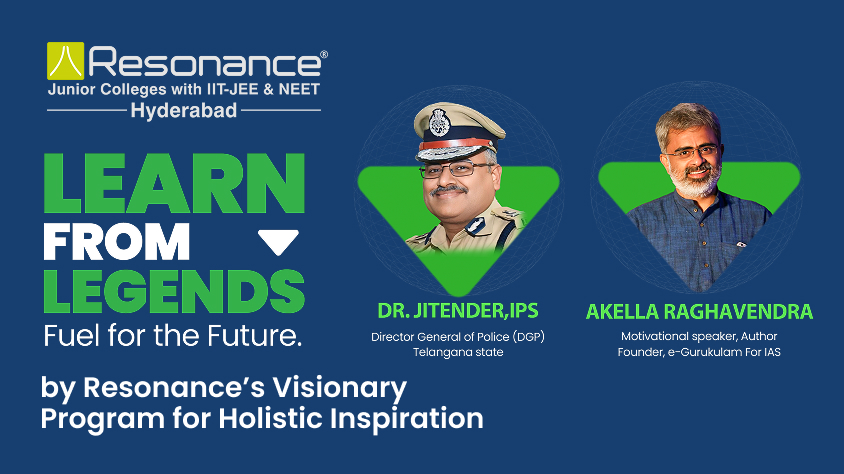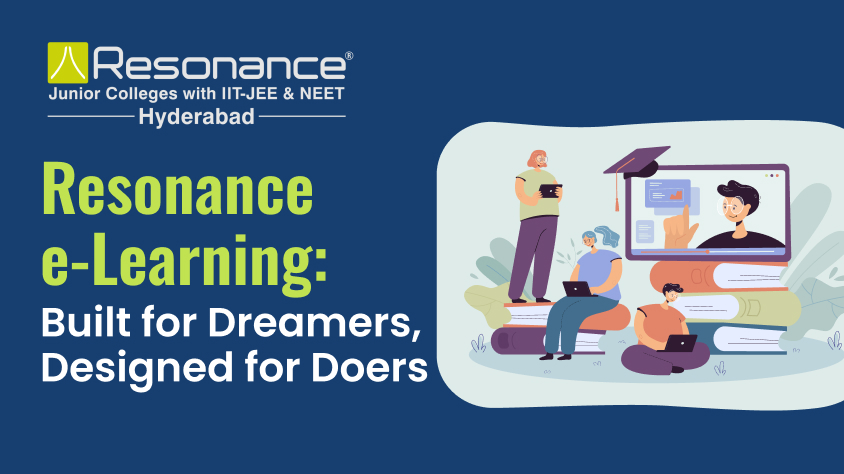- Resonance
- 837 Views
Choose the best-fitting career, college, course for you

WHAT IS A CAREER?
A career can be known as a person's advancement within an occupation or series of professions. However, a career is more than merely a job or performing or your work. It also contains your progress via life, growth, and growth in vocational and avocational dimensions of life.
Many of us believe that just one occupation is best confirmed for us, but several may be suitable choices. The secret is to remember those occupations with a high chance of success and satisfaction. As a college student, whether your career plans are accounting, theater arts, or environmental sciences, you will need all-around skills regardless of the career you seek. These skills include reading, writing, computing, critical thinking, and expressing effectively. These skills developed and sharpened in general education courses for most regions. These skills, practical career planning techniques, and the capability to cope with obscurity in a changing environment will enable you to overcome barriers throughout your career life.
CHOOSING A CAREER
Determining your initial career may offer a stressful and terrifying prospect. Many tend to perceive career decision-making as complicated or mysterious only because it focuses on the result and overlooks the decision-making and planning strategy—successful career conclusions based on current and accurate details. Today, career information is generous and readily available. While this is compelling and potentially useful, it can even be overwhelming. Nevertheless, one significant fact appears from the mass of data and literature known: effective career planning is a procedure that concerns the total person. Extensive career planning stresses the significance of knowing sufficiently about your unique qualities, specific career fields, and your life priorities.
Career planning is an individual action that happens throughout a person's operating lifetime. The profession you enter in American society will control your entire lifestyle, self-concept, revenue, prestige, choice of mates, and living area. Career planning is a subcomponent of life planning. It gets influenced by many of the same elements, but it concentrates attention on work tasks and work circumstances.
The career planning process is continuous and sequential. Since it is sap rather than documented, you move to the following step only when you are willing to do so, and you may move heretofore and forth between stages at any provided time. The career planning method is also cyclic. When career transition is desired anytime during your career life, you may repeat the procedure. Although we can follow a similar process, career planning results must be individualized. Data from the U.S. Bureau of Labor Statistics indicate that most labour force members will create three to four noteworthy differences in their profession during their 35 to 45 years of working. Because human beings are complex, each has unique aspirations, goals, the potential for expansion, and limitations.
CHOOSING A COLLEGE COURSE THAT FITS YOU?
While many individuals already have a general opinion of the field they like to enter, choosing the right course from the extensive possibilities available can still be challenging.
Withdrawal of scholars in the first year is because they are unhappy with their preferred course. Considering that every class and every college is distinguishable and that scholars have their personal preferences, here are four things you should believe when selecting the right course:
Your strengths and goals
Spend some time reflecting on your goods and skills. You get better positioned to determine what courses will suit you by doing this.
You can start by selecting a domain that you are curious about, and from there, think of a lesson that will match your aptitudes, values and qualities. For instance, if you are curious about the fitness care industry, courses include nursing, midwifery, physical therapy, aged care and pathology.
Research
Create a checklist of trails to explore and investigate each class. You can source details on the internet, through online schedules and prospectuses submitted by the different universities or academies, or even via your family and friends.
Take the time to see college websites to research the subjects in your course and find out the range of each module per subject.
Career opportunities
There is little point in accomplishing a course unless it places you up for a prosperous and fulfilling profession. If changing your professional path is the cause for studying, you must consider the career you wish to follow.


Recent Posts
Learn from Legends – Inspiring Holistic Growth for Young Resonites
September Sat,2025
JEE Advanced 2026: Exam Pattern, Marking Scheme, Questions & Total Mar
September Tue,2025
Why Resonance e-Learning App is the Best Choice for IIT-JEE & NEET Prep
September Mon,2025











